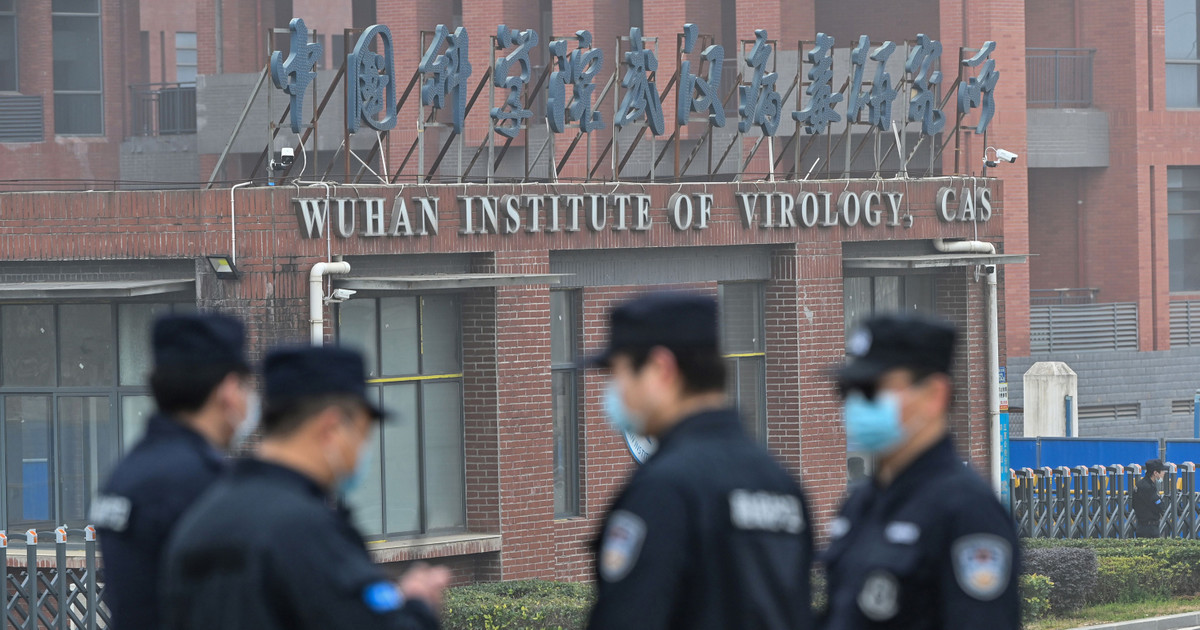- 8 Posts
- 141 Comments

 83·6 months ago
83·6 months agosince at least the 80s
People have been reliant on “ole’ techno-solutions” since the dawn of humanity 2 million years ago on the African savannah, long before capitalism was even a thing. Just sayin’.

 2·7 months ago
2·7 months agoThis cloud-brightening stuff seems finicky compared to stratospheric aerosol injection. Clouds are hard for climate models to handle as it is, so it would be hard to predict the impact on climate change ahead of time. If you want to do geoengineering, this seems pretty far down on the list of alternatives.

 82·10 months ago
82·10 months agoAfter all the angst and drama over whether Turkey will allow Sweden into NATO, it’d be hilarious if the accession gets sunk by Hungary.
Like, during the many months other NATO members were pressuring Turkey, no one thought they should worry about Hungary too?

 445·10 months ago
445·10 months agoTo avoid this, Gazan civilians who are out in public should wear black clothing and masks, and move tactically between points of cover.

 181·10 months ago
181·10 months agoAnother high profile research group done in by bad photoshopping. I wonder how many frauds never get caught because they have decent photoshop skills.

 41·10 months ago
41·10 months agoMissed opportunity for “not great, not terrible”.

 41·10 months ago
41·10 months agoSteel is a complex manufactured intermediate good, not just a raw material that you dig out of the ground. Steel products and production methods evolved rapidly over the course of the 20th century, and the downfall of British steel was because they couldn’t/wouldn’t upgrade their tech and how their industry was organized.

 6·10 months ago
6·10 months agoThe same could have once been said of the British steel industry…

 53·10 months ago
53·10 months agoOver geologic time, the vast majority of all species that have ever existed have gone extinct. It’s not particularly meaningful to try to divine the reasons for the extinction of any one particular species. Obviously, the subtext they are trying to convey here is “these were apes, and climate changes drove them to extinction; we are apes, so won’t anthropic climate change drive us to extinction?!1!?” But it doesn’t carry over like that.

 1·10 months ago
1·10 months agodeleted by creator

 13·10 months ago
13·10 months agoThe thing is, individual citizens can’t reform the police, or ambulance services, fire brigade, or power utilities, all of which have been gutted by the ANC. All they can do is to pay, out of pocket, for private sector replacements. No one is arguing that this is better than having working public sector versions in the first place, but that’s not achievable until the national government gets totally overhauled (if it ever happens).

 35·10 months ago
35·10 months agoThe one time the CCP backs away from clamping down on the private sector, it’s over video game microtransactions and gacha. Go figure.

 1·11 months ago
1·11 months agodeleted by creator

 125·11 months ago
125·11 months agoHonestly, many of these reforms are urgently needed and long overdue, such as lifting export controls—it’s literally insane that a country facing a shortage of foreign exchange would deliberately crimp its own exports. For these parts, Milei has a pretty good justification for issuing an emergency decree.
The big gamble Milei is taking is to stuff the package with a bunch of lower-priority items that, while arguably needed, are hard to defend as emergency measures. (This is quite similar to what the US government has often done, see e.g. the Inflation Reduction Act.) This increases the risk of the package being voted down, which hasn’t happened before with his predecessors’ decrees.

 12·11 months ago
12·11 months agoBad title. An entire army division (10,000 to 20,000) surrendering would be a spectacular event. Turns out the article is talking about “some (~180) soldiers from a division”, which is totally not the same thing.

 1327·11 months ago
1327·11 months agoAfter a century of Peronism, the current state of Argentina isn’t a case study about libertarianism. Quite the opposite.

 242·11 months ago
242·11 months agoThese sanctions are marketed as being aimed at military applications, but the dirty little secret is that high-end semiconductors are irrelevant for military tech, which overwhelmingly uses previous-gen semiconductor tech.

 24·11 months ago
24·11 months agoThese particular measures are dumb, though.







If AI really was such a game-changer, it would increase the chances of finding extraterrestrial aliens, not decrease it. If AI allows for superhuman feats of intellect and engineering, then even if 99.9% of all strong AI leads to the destruction of the original civilization, you’d only need the 0.1% of civilizations that develop stable benevolent civilization-boosting AI (let’s call them The Culture). Those would spread around, and we would have seen them. So we’re back at Fermi’s paradox.